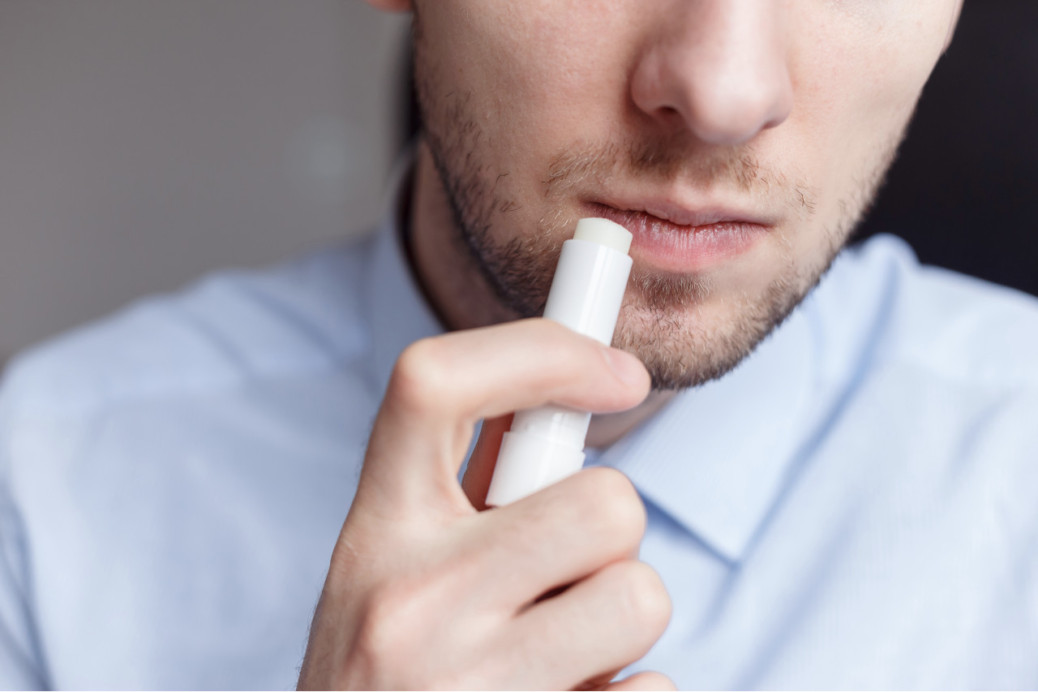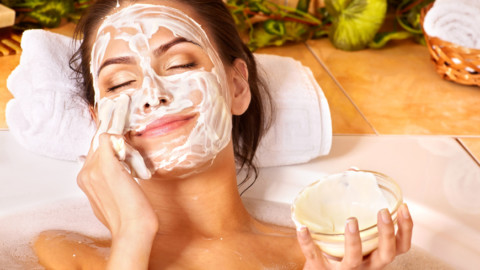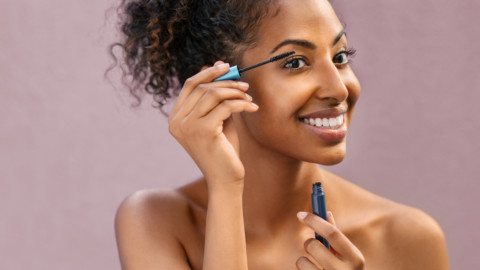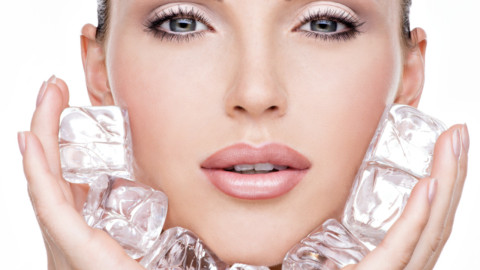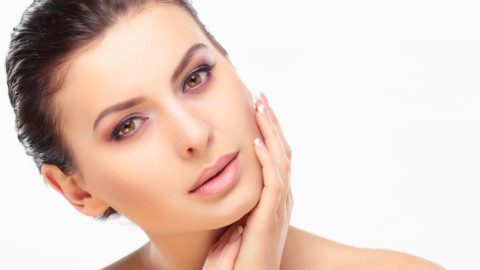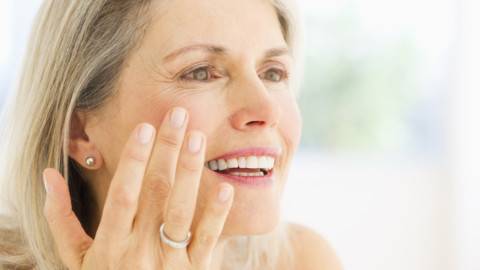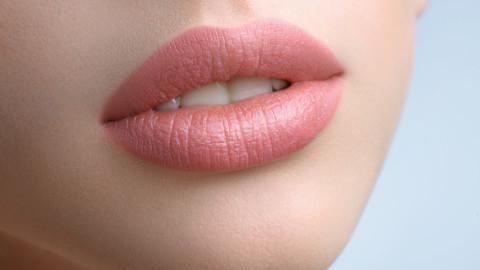Lip balm addiction has been a topic of controversy for over a decade. There are theories that lip balm has addictive ingredients. Or, more shockingly, that there are ingredients in lip balm that purposefully dry out or damage lips to encourage continued use. Dr. Melissa Piliang, a dermatologist at the Cleveland Clinic, says “applying lip balm soothes your lips, feels good and can be very comforting. That can lead to an unconscious habit that helps with stress or anxiety — kind of like twirling your hair or biting your nails.” Dr. Piliang does confirm that there are ingredients in some lip balms that can dry out or damage your lips. But there are no chemical additives meant to keep consumers addicted.
WHERE DID THE IDEA OF LIP BALM ADDICTION COME FROM?
There’s no clear-cut beginning to the theory of questionable lip balm ingredients meant to cause lip balm addiction. But it seems to have started around the late 1990s with a fake web group called Lip Balm Anonymous (LBA). The website was designed as a parody of Alcoholics Anonymous. However, many people took LBA seriously and submitted their dependency stories. LBA’s founder, Kevin C., started the group as a joke, but he believes there’s a biological reason behind lip balm addiction.
According to the LBA website, the wax in lip balms causes the moisture receptors in your lips to send a stop signal to the moisture-releasing agents in the skin of the lips. There’s no truth to that. Our lips don’t produce sweat or contain sebaceous glands. Another theory suggests that alcohol in lip balms creates the drying effect that drives further application. However, the type of alcohol typically used in lip balm is stearyl alcohol, which acts as a binder and emulsifier with no evidence showing it dries out lips.
THE REAL CAUSES OF CHAPPED LIPS
Chapped lips result from climate, habitual licking of the lips, allergic reactions or lack of self-care. The hot summer and the cold winter months are the times of the year when lips are more susceptible to chapping. This is due to the lack of humidity in the air. Licking your lips may provide temporary relief, but it can be counter-productive. Saliva can further strip the moisture from your lips, exacerbating the problem.
If your lips are perpetually dry, irritated and red, it could be a sign that you’re allergic to a particular product you’re using, such as lip balm, toothpaste or makeup. Dehydration or a vitamin deficiency also can cause chapped lips. In this situation, increase your water intake and try taking vitamin A, B3, C or E supplements as they can all help with dry skin.
WHAT IS PETROLEUM JELLY AND IS IT SAFE TO USE?
Petroleum jelly was discovered in 1859 when oil workers were using a residue that gathered on oil rig pumps to heal burns and cuts on their hands. Robert Augustus Chesebrough refined the “petroleum jelly” and packaged it as Vaseline. The main ingredient in petroleum jelly is petroleum, but it is a combination of mineral oils and waxes. Petroleum jelly is mainly used as a product to help heal skin and lock in moisture.
While petroleum jelly is safe to use on the skin and approved by the FDA, it is not safe to ingest. Many people are hesitant to use a product near their mouths if it’s even minimally toxic upon ingestion. Another downside is that petroleum jelly could clog pores around the mouth.
All in all, petroleum jelly is a safe product to use. Just remember that it’s an occlusive, locking in moisture, so use it in tandem with a humectant. A humectant is a product that attracts moisture from the air into the lips, such as shea butter or aloe.
INGREDIENTS TO LOOK FOR IN LIP BALMS
If you have chapped lips, some ingredients are very beneficial to healing them. The American Academy of Dermatology Association recommends looking for one or more of the following ingredients in lip balm to heal chapped lips: castor seed oil, dimethicone, hemp seed oil, shea butter, almond oil, titanium oxide or zinc oxide. For those with sensitive skin, their website recommends that using fragrance-free products that are also hypoallergenic.
Dermatologists recommend staying away from ingredients such as phenol, menthol and salicylic acid as they can dry out your lips. Other ingredients that most find can dry or damage their lips are camphor, eucalyptus, cinnamon, citrus, mint, peppermint, lanolin, oxybenzone and propyl gallate.

